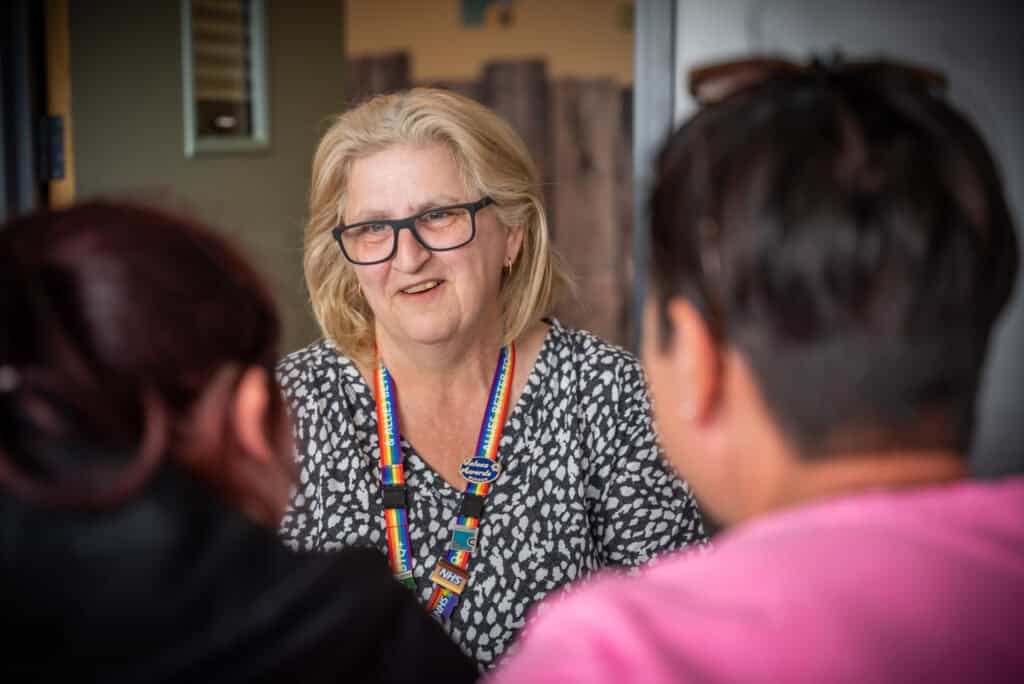One in five adults experience suicidal thoughts and feelings. By dialling three simple numbers, it could help to save a life.
As of this year (2024), millions of people experiencing a mental health crisis can now dial NHS 111 to get the help they need. People of all ages, including children, who are in crisis or concerned family and loved ones can now call 111, select option 2 and speak to a trained mental health professional.

In 2021 in England, there were over 5,000 deaths by suicide, leaving behind thousands of bereaved friends and family who were impacted by their loss.
There are many things in life that can lead a person to think about suicide such as work-related problems, relationship breakdowns, financial circumstances or a combination of them all.
Three in four people who die by suicide are not known to mental health services. Don’t suffer alone. If you’re feeling like you want to end your life, it’s important to tell someone. Help and support is available right now if you need it.
Call NHS 111 and press option 2 – this line is free and is open 24/7.
If you are deaf, have hearing loss or if English is not your first language please visit the NHS 111 website.
Suicide is everyone’s business. Everyone should have the confidence and skills to play their part in preventing suicides – not just those who work in mental health and/or suicide prevention directly.

Dr Sadira Teeluckdharry, Deputy Medical Director for Quality and Safety said:
“It’s important to note that not everyone displays how they are feeling inside, some people can be very skilled at hiding how they truly feel. Your loved one can be very low in mood yet still laugh or joke, post on social media, go to work or talk about the future.
Showing kindness, compassion and understanding can go a long way to helping someone feel able to open up about how they are feeling.”
What to do if you are worried about someone
The safest way to know if someone is thinking about suicide is to ask them. It can be scary to initiate this kind of conversation. You may be thinking “Won’t talking about suicide put the idea in their head?” The short answer is no. If a person is suicidal, the idea is already there. If they aren’t suicidal, it won’t do any harm. Take a look at this ‘It’s safe to talk about suicide’ leaflet that explains how to approach the topic.
Trust your gut instincts, if something about the person doesn’t look or feel right, say something to a mental health professional by dialling NHS 111.
We also encourage you to enrol yourself onto online courses that educate you on suicide prevention such as the Zero Suicide Alliance (ZSA). Their training empowers, educates and equips individuals to support suicide awareness and prevention, helping you to know what to do in a mental health crisis.
The NHS continues to advise people to call 999 if there is a serious risk to life.
If you have been bereaved by suicide, Survivors of Bereavement by Suicide (SOBS) offer email support service, telephone support, an online community forum and face to face groups for over 18s.
Published: 10 September 2024








